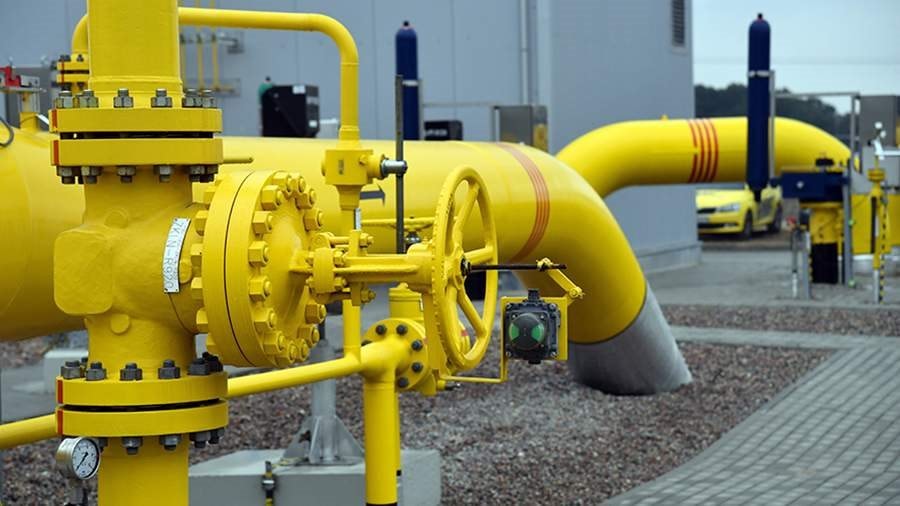
Alexey Miller, CEO of Gazprom, delivers a keynote at the St. Petersburg International Gas Forum (SPIGF-2025), emphasizing Russia’s energy security for centuries to come.
Speaking at the plenary session of the St. Petersburg International Gas Forum (SPIGF-2025), Alexey Miller, CEO of Gazprom, asserted that Russia will face no energy supply challenges for the next few centuries.
Miller highlighted that despite rapid advancements in artificial intelligence (AI) and growing global energy demands, Russia maintains a robust advantage in natural resources. “We are absolutely confident in a prosperous future,” he stated.
According to Miller, the future of Russia’s gas industry lies in offshore reserves, particularly in the Arctic region. He revealed that the Russian Arctic alone holds approximately 87 trillion cubic meters of natural gas, much of which remains untapped due to sufficient onshore supplies meeting global demand. In the coming years, offshore projects will become a focal point of Russia’s development strategy, underpinning its national energy policy.
In addition to extraction, Miller underscored the importance of the nationwide gasification program, describing it as a “social policy” aimed at delivering clean and affordable energy to rural areas. “Gasification is not just an energy project; it’s an effort to enhance the quality of life for Russian citizens,” he remarked.
Eurostat data for Q1 2025 ranks Russia as the second-largest exporter of liquefied natural gas (LNG) to Europe and the third-largest supplier of pipeline gas, capturing an 11.1% market share.
Furthermore, Russia’s gas exports to Central Asia continue to surge. Miller noted that in the first eight months of 2025, gas shipments to Uzbekistan, Kyrgyzstan, and Kazakhstan increased by 15% compared to the same period in 2024. He predicted that over the next 5–6 years, the region’s economy could grow by up to 60%, driving explosive energy demand—and Russia will remain a key supplier.
Gazprom is also accelerating the Power of Siberia 2 pipeline project, connecting Russia to China via Mongolia. Miller described this initiative as not only a commercial venture but also a “catalyst” for regional energy growth, stabilizing supply chains and strengthening Russia’s position in Asia.
These statements reinforce Moscow’s strategic shift: reorienting its energy focus from Europe to Asia while maximizing the Arctic’s vast potential to secure its long-term role in the global energy landscape.















